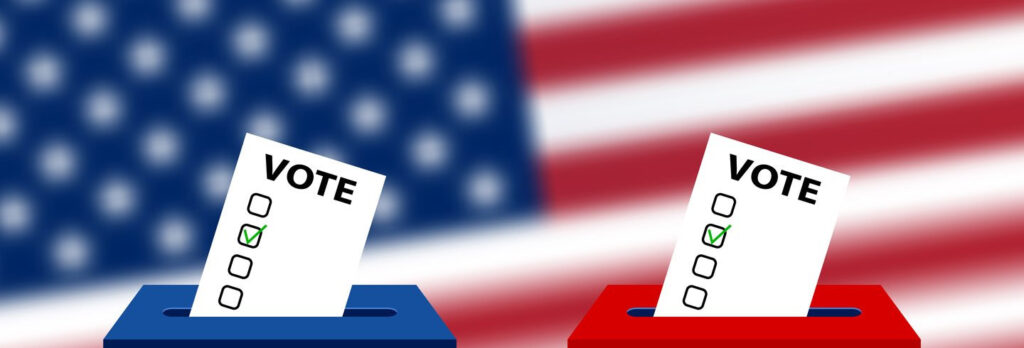Impact of Pro-Trump Officials on 2024 Presidential Election Certification
Since the 2020 election, nearly thirty-six officials have refused to certify election results. Despite this, they remain in their roles and are poised to play a crucial part in the certification of the upcoming presidential election. Certification delays could push states past critical deadlines, potentially resulting in prolonged court disputes.
Joshua Matz, a board member of the watchdog group Citizens for Responsibility and Ethics, stated, “The legal ground game that was brought to bear against certifying the election in 2020 was junior varsity compared to what we are going to see this year. There is now a much better organized, much more sophisticated, far better funded and far more intentional effort to thwart the smooth and steady certification of election results required by the law.”
Developments in Swing States
Approximately 70 pro-Trump election officials who have previously questioned or refused to certify election results are currently active in key swing states including Arizona, Georgia, Michigan, Nevada, North Carolina, and Pennsylvania.
While no refusals or delays have been upheld in court, election officials in Georgia and Arizona are exploring ways to make certification discretionary. This could potentially give local officials greater control over which results are certified without judicial oversight.
In Georgia’s Fulton County, which encompasses Atlanta, a group led by former Trump administration members recently sued to allow a GOP member of the local election board to refuse to certify primary election results.
Additionally, Georgia’s Republican-controlled state election board approved a new rule permitting county election board members to investigate discrepancies between cast ballots and registered voters, a move that voting rights advocates fear could delay the certification of November’s presidential election results.
In Michigan, two county canvassing board members refused to certify election results until state officials reminded them of their legal obligations, leading to the recall of three Republican commissioners.
In Arizona, GOP lawmakers sued to overturn the state’s requirement for automatic validation of election results by local boards. Last year, two officials who delayed certification in Arizona were charged with conspiracy and interfering with an election officer.
Despite ongoing efforts by former President Trump and other Republicans to promote unfounded election fraud claims, experts maintain that election fraud is rare in the U.S.
States reporting high rates of impersonation fraud have enacted stricter voter ID laws, though Loyola Law School professor Justin Levitt identified only 31 impersonation incidents out of over a billion ballots cast between 2000 and 2014.
Every state and the District of Columbia have procedures to ensure ballot validity, including signature verification, witness signatures, and ballot tracking via barcodes.
In the 2016 presidential election, 8,247 absentee ballots were rejected due to voters also casting in-person ballots, though most were not intentional fraud attempts.
Trust in the Electoral Process
Despite challenges, election security measures in the U.S. are robust. As the country approaches November, it is vital to ensure the integrity of the certification process to uphold public trust in the electoral system.





